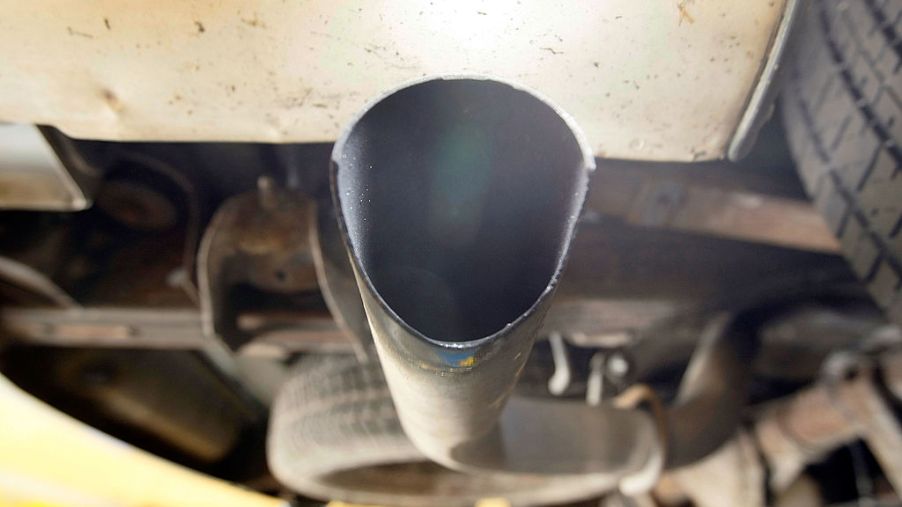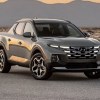
Are Pickup Trucks Really That Bad for the Environment?
As sales of light-duty pickup trucks increase, controversy regarding vehicle emissions and greenhouse gases is heating up. Any motorist can attest to the popularity of trucks these days. In fact, the work vehicles are now touted as family cars. But is there a negative side to bigger vehicles ruling the roadways? Are pickup trucks really that bad for the environment?
What effect do truck emissions have on the environment?
In the U.S., half of all nitrogen oxides in the air — which contributes to global warming — come from fuels burned by cars, trucks, and buses, reports the Union of Concerned Scientists. In addition to spewing pollutants that can hurt people, transportation’s effect on the environment is particularly destructive.
The carbon dioxide emitted by motor vehicles contributes to the rise in harmful greenhouse gases, which are responsible for rising global temperatures that change the earth’s climate.
Pickup trucks’ emissions
It may feel like environmental agencies are unfairly targeting truck enthusiasts, placing the environmental burden on their shoulders. But larger vehicles with lower MPG will have a larger environmental footprint — they burn more fuel after all.
The Globe and Mail explains, “As a rule, SUVs and pickups burn more gas than cars since they’re typically heavier, less aerodynamic and usually have all-wheel-drive.” Despite automakers producing more fuel-efficient vehicles, the growing popularity of trucks does contribute to lower air quality.
A cleaner future for trucks in sight?
The future may have seemed bright in the 1970s, when the Clean Air Act was put in place. This amendment required automakers to double their vehicles’ fuel-efficiency over the next 10 years. The loophole, though, was that although this regulation would produce cleaner passenger cars, it was not binding on SUVs, vans, and trucks, according to EcoWatch.
Car manufacturers began producing more SUVs and trucks and marketing them to families. In Canada, although car emissions are down, emissions from light trucks have doubled. Plus, with pickup sales on the uptick, Ford F-Series trucks are on their way to beating the more fuel-efficient Toyota Corolla as the best-selling car in the world.
Automakers go electric
As trucks grow in popularity, automakers are addressing environmental concerns. Ford and GM announced plans to release electric versions of their trucks in the coming year, reports Forbes. A predicted advantage of an electric motor is that it’ll produce more torque, which will improve both acceleration and towing capacity. The larger truck platform will more easily house a bigger electric battery.
Improving trucks’ fuel economy is a no-brainer. Kelley Blue Book lists 10 pickup trucks that deliver an average of 22 MPG combined. The 2019 Ford Ranger is No. 1 with 23 MPG combined and 26 MPG highway. And the 2019 Chevy Colorado diesel is likely the “most fuel-efficient mid-size truck on the road to date”, reaching 20 MPG city and 30 MPG highway.


